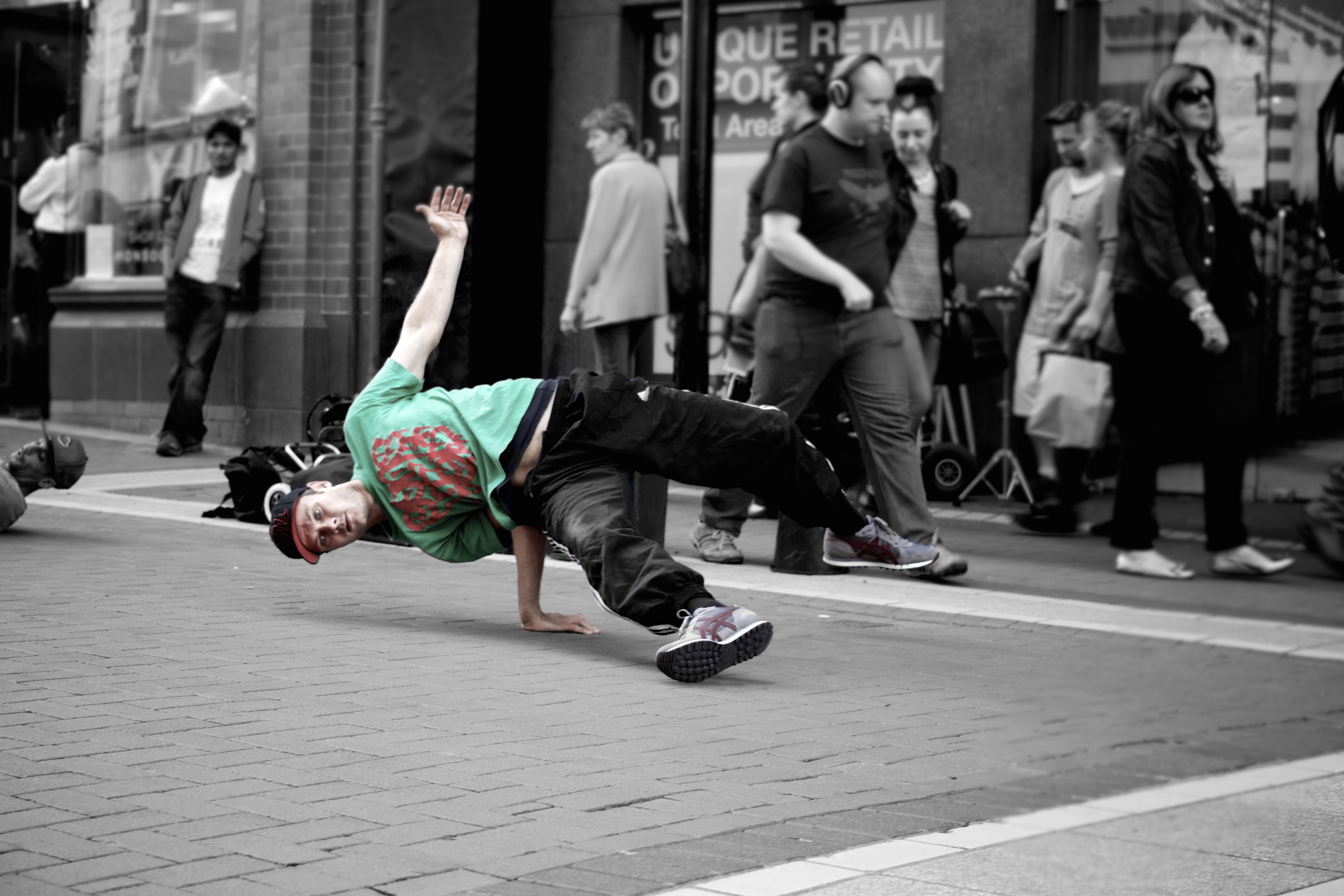Posted on November 22, 2015
Raising World-Changers
 I want my kids to care about things that really matter, in a way that matters.
I want my kids to care about things that really matter, in a way that matters.
I have looked around me and seen signs of a new generation arising; on the one hand, an apathetic group of youngsters who have no vision for the future. On the opposite end of the scale, I see a generation of youngsters who are fighting for their rights, using violent methods to get their message across – violent protest.
I was working through a situation not so long ago, when the words “what is the difference between indifference and ignorance” popped into my mind. I began to study these words. It seems that I’m not the only one asking this question and “googling” the words “indifference vs ignorance” brought quite a list of sites onto my screen and many more quotes by famous people.
Ignorance is simply, to have no knowledge about something or to be uninformed. Another modern meaning is ‘not allowing things to affect you’.
Indifference, on the other hand has to do with a lack of interest or enthusiasm in things. It also has a modern connotation of ‘I don’t care’. When you feel indifferent, you neither like nor dislike something. For example if I ask my daughter whether she would like chocolate cake or vanilla cake and she doesn’t mind, she is indifferent to the choice, either would be fine.
There’s a popular quote: “The difference between ignorance and indifference is: I don’t know and I don’t care.”
There is a stronger word than indifference, though, it is the word apathy. And this took me further in my study – we often confuse apathy and indifference, however, apathy has a stronger, deeper meaning than mere indifference.
Apathy basically means a lack of interest in or concern for things that others find moving or exciting. The signs of apathy are: an absence or suppression of passion, emotion, or excitement. Some synonyms for apathy, according to various dictionaries, are: emotionlessness, impassiveness, impassivity, indifference, phlegm, stolidity, unemotionality, numbness, spiritlessness. The outward demonstration of apathy is languor, lassitude and listlessness.
In fact, according to psychologists, apathy is a symptom of depression and is considered a symptom of hidden anxiety (fear).
The flip side is Violent Protest: Earlier this year, we watched as university students in our country attempted to burn down, destroy and have statues of prominent people in the history of our country removed. Not long after that, they were protesting about fee increases for next year (and validly so), their protest eventually got the attention of the powers that be and as a result there will be a 0% fee increase for next year.
These students show an incredible amount of resolve and to get the attention of the government, they took drastic measures, in some cases destroying property and threatening people’s lives’. In essence, it became a full blown display of a temper tantrum at an adult level.
As horrifying as it was, we saw a group of people not happy to sit back in a spirit of apathy and say “whatever will be, will be”. Interestingly, the first reaction of our government was to ignore the students’ request. The students were a force to be reckoned with and marched to parliament, breaking through the gates demanding an audience with the Minister of Tertiary Education. At this point the government chose to remain indifferent. However, by bulldog tenacity, refusing to give up, the students’ voices were heard and a decision was finally made regarding the fees.
I am part of the so-called, “white minority group”, in my country and our attitude towards change, in general (and I’m making a very generalised statement here), is to remain apathetic. I think in part this is owing to the fact that our forefathers put their faith in the apartheid government, but had no idea how to fight the idealisms of that era. The mentality seems to be “someone else will fight on our behalf”. Oh, we have many discussions among friends, but very few of us will stand up and protest when it comes down to it. The radicals who did stand up to our previous government were imprisoned or exiled. The fear of speaking out resulted in the silence of many.
I want my kids to care about things that really matter. I want them to grow up to be world-changers, not in a dramatic sense, but in a way that will affect change around them and in how they will fulfil in their purpose for being on this earth. I want to see them caring about the future of this planet and the people who inhabit it in a way that is kind, compassionate, meaningful and showing strong character. I want to see them grow in character by guiding them and training them while they are young.
 To get up off the couch of ignorance, indifference and apathy; to choose to take a stand without resorting to violent measures, this requires us to take a step, or in some cases, a leap of faith. This takes character and in the end it is our character that stands out.
To get up off the couch of ignorance, indifference and apathy; to choose to take a stand without resorting to violent measures, this requires us to take a step, or in some cases, a leap of faith. This takes character and in the end it is our character that stands out.
Albert Einstein said: “Weakness of attitude becomes weakness of character.”
So we sit with two extremes: Apathy vs Protest – both of them fuelled by fear.
• Apathy is driven by the anxiety of stepping out and doing something.
• Protest is driven by the fear of being controlled by someone or something.
Where is the middle line? Can one make a difference without fear being the motivating factor? And who can teach our children to be the ones to make the difference?
In the words of Albert Einstein:
“It is not enough to teach a man a specialty. Through it he may become a kind of useful machine but not a harmoniously developed personality. It is essential that the student acquire an understanding of and a lively feeling for values. He must acquire a vivid sense of the beautiful and of the morally good. Otherwise he—with his specialized knowledge—more closely resembles a well-trained dog than a harmoniously developed person. He must learn to understand the motives of human beings, their illusions, and their sufferings in order to acquire a proper relationship to individual fellow-men and to the community. These precious things are conveyed to the younger generation through personal contact with those who teach, not—or at least not in the main—through textbooks. It is this that primarily constitutes and preserves culture. This is what I have in mind when I recommend the “humanities” as important, not just dry specialized knowledge in the fields of history and philosophy.” (“Education for Independent Thought” in The New York Times, 5 October 1952).
Think of the people in this world who have made a difference in a positive way – they were all faced with the with same choice: To let things be or to go out and make a difference.
The next generation is waiting for us to give them the tools that will enable them to be
World-Changers.

Recent Comments